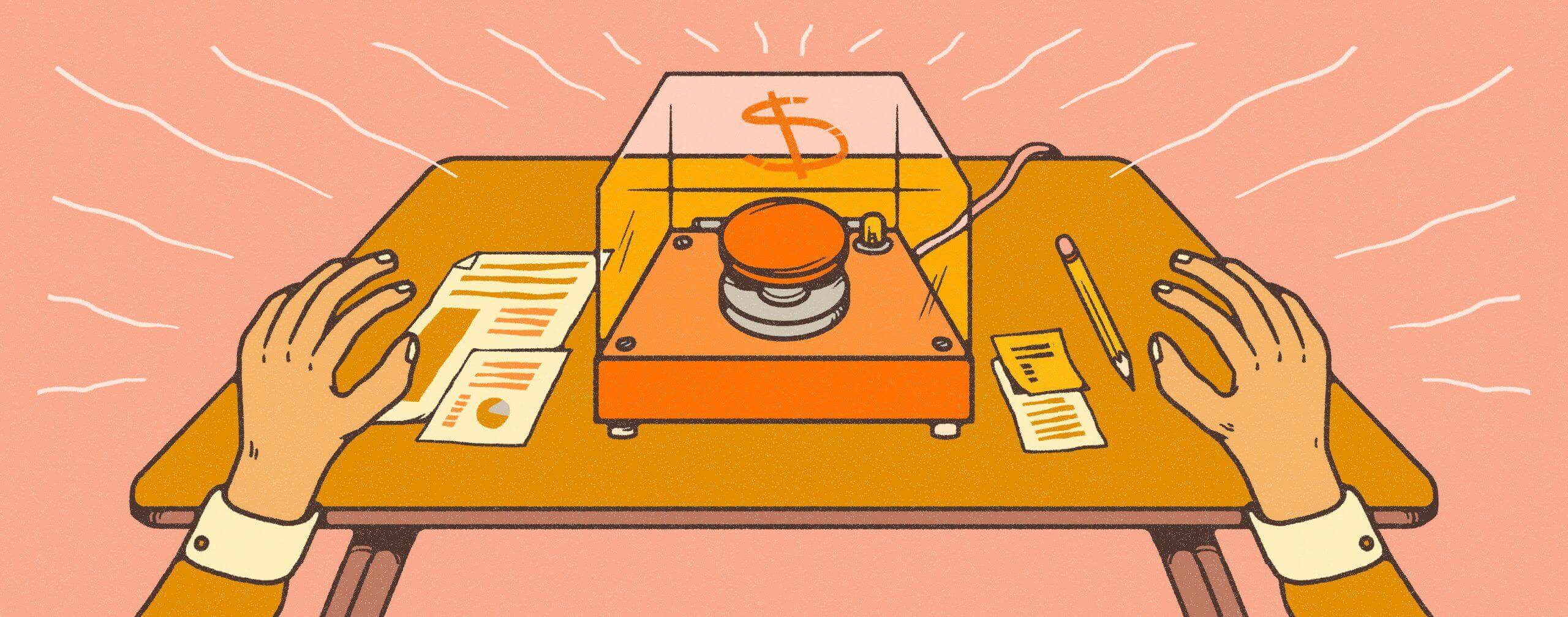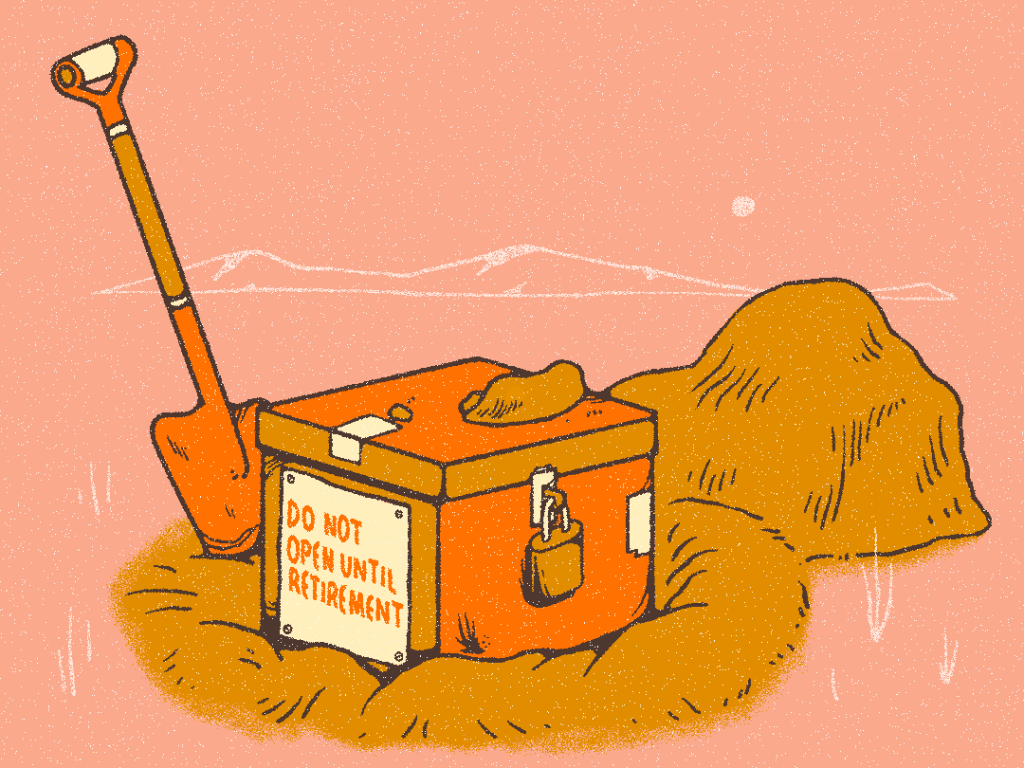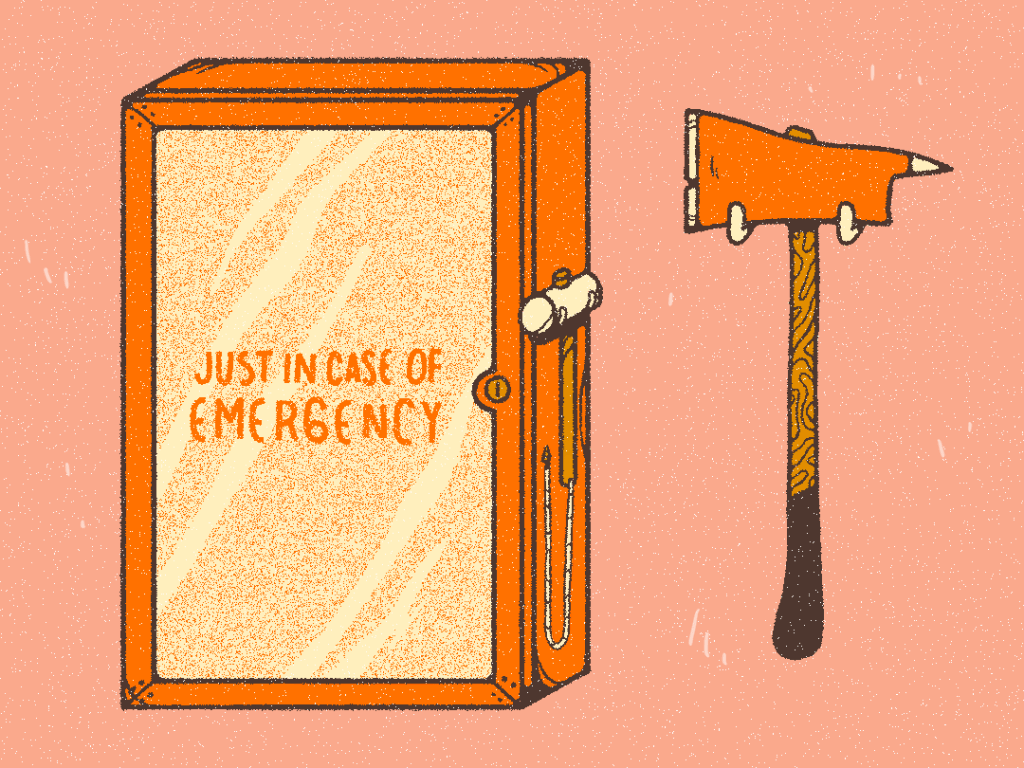
Early Withdrawals from Retirement
October 4, 2021Whether you find yourself laid off from work, facing a medical emergency, or confronted with a situation that you’re financially unprepared for, it may be tempting to withdraw from retirement savings—but there are penalties and consequences you need to consider before doing so.
Early Withdrawal Penalties
There are serious consequences to accessing your retirement funds early. If you’re below 55, you’ll be stuck with a 10% penalty on money withdrawn from 401(k)s and 403(b)s, and if you’re under 59 ½, you’ll get the same penalty on savings plans like IRAs and deferred annuities. (There are certain circumstances where these penalties can be waived. Check the options for your specific account for more details.)
If you withdraw from a tax-deferred account, you’ll also have to pay taxes on the money, which means even less is actually going into your pocket. Most importantly, by withdrawing early, you could drastically reduce the amount left in your account to grow for your retirement or, worst case scenario, drain the account entirely. This can put a big dent in your retirement options and financial security.

Where to Start
When you need money as soon as possible and don’t have an emergency fund sufficient to cover it, you’ll hopefully have other, less damaging options that you can pull from before going straight to your retirement account. To start, consider saving some money by restructuring your budget. While set amounts like rent or auto loan payments may not change so easily, cutting out unnecessary expenses can free up a lot of cash. Use this budget calculator to see where you can cut back and how much that can save you.
There are also government assistance programs that can help you make ends meet. Programs like SNAP, Medicaid, and TANF can make a big difference if you’re in a tight spot. Check out this article all about government assistance to learn more. If you’ve been laid off or are struggling to find work, you may be eligible for unemployment. Every state has their own system, but it’s likely that you can apply online or over the phone. Your unemployment office can help with specifics like the level of income and length of time that you’re eligible for, but coverage can usually give you a cushion for about 26 weeks.
Other options could include pulling from long term savings, cashing in investments, or discussing a paycheck advance with your employer. If monthly payments on debts are the problem, you may consider reaching out to your lender. It’s likely that they’ll be willing to work with you.
When Withdrawing Early Makes Sense
Withdrawing early from your retirement savings should generally only be done when absolutely necessary. Some things that may warrant considering an early withdrawal would be if you have no other way to pay for:
- Necessary medical treatment for you or a dependent
- Housing payments and you are facing eviction or default
- Necessities like food, heat, and water
If you’re unsure what the best route to take is, consider getting advice from a trusted professional financial advisor or debt counselor. When selecting a professional, don’t forget to consider non-profits that can help for low fees or even no charge at all. No matter what you decide, it’s vital to do your own research before taking anyone’s advice.

Penalty-Free Withdrawal Options
If you do find yourself needing the money, there are a few ways to withdraw from your retirement plan without penalties.
- Roth IRA Withdrawal: You can withdraw your contribution to a Roth IRA at any time without a penalty. You’ll only be penalized if you withdraw from your earnings.
- 401(k) Loan: A 401(k) loan allows you to borrow up to 50% of your 401(k), provided that you pay it back with interest. The benefits are that it will often have smaller interest rates than other loans and you’re paying that interest back to yourself. If you can’t pay it back though, it’s treated like an early withdrawal and has all the associated fees.
- 401(k) Hardship Withdrawal: If you experience an approved hardship, such as extensive medical bills, and need cash to cover it, you may qualify to make your withdrawal penalty-free. Be aware that not every approved hardship withdrawal will allow you to avoid the 10% penalty, though.
Early withdrawals from your retirement savings should only be done after careful consideration and research into how it will affect your overall financial health. If an early withdrawal does become necessary, do what you can to avoid fees so that you can get more of the money into your pocket.
This article has been republished with permission. View the original article: Early Withdrawals From Retirement Savings.
